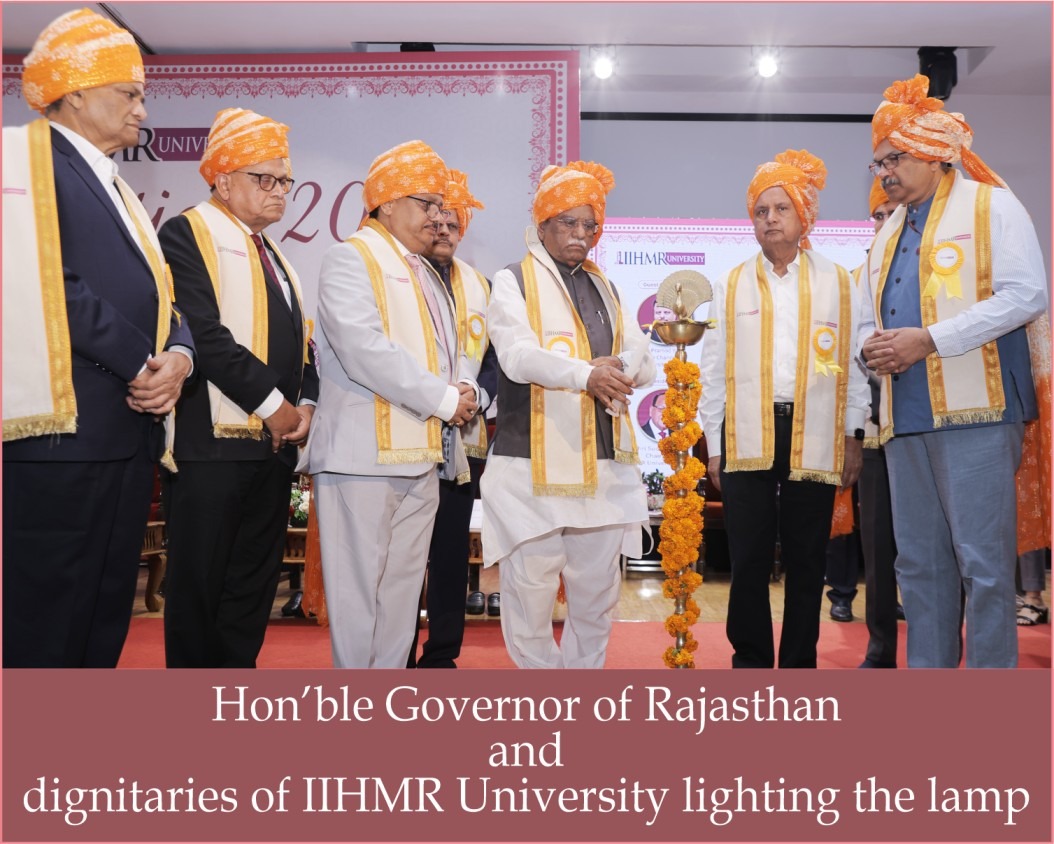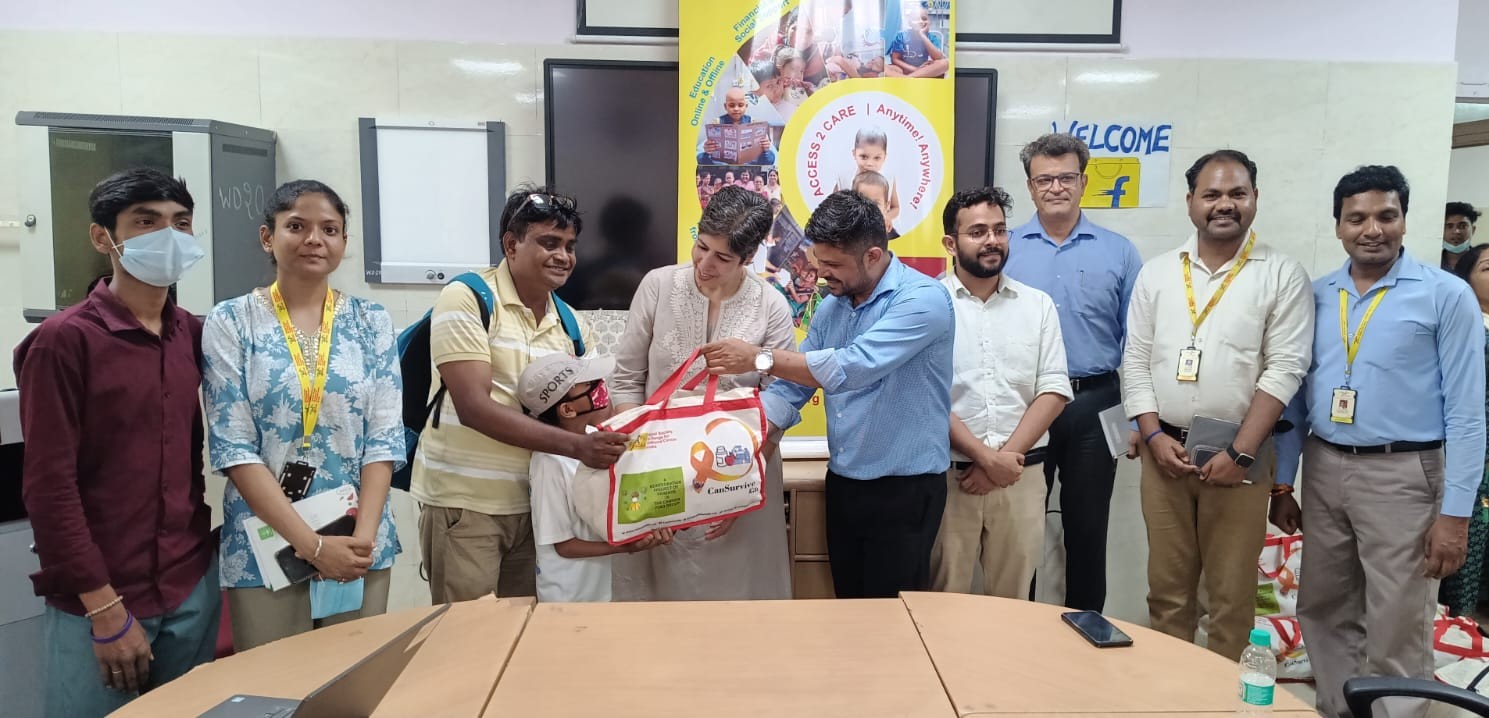Subscribe our Weekly Newsletter
Applications Invited for Virtual Training for Journalists Reporting on Business and Climate Change

Organization: Earth Journalism Network (EJN)
Event Duration: 26 Aug. 2025 - 28 Aug. 2025
Apply By: 13 Jul 2025
About the Organization
Created in 2004, EJN is now a truly global network of reporters and media outlets in virtually every region of the world.
Environmental and climate change reporting is now more urgent than ever, but journalists face myriad and mounting challenges in covering these topics. The media industry is in crisis, and misinformation is on the rise. Reporters working for cash-strapped news agencies often don't have the resources to research a story properly; freelancers, even less so. That’s where EJN comes in.
About the Event
Our planet is currently facing an unprecedented and life-altering challenge: The climate emergency threatens the very minutiae of our existence, from our livelihoods, cultures and traditions to our food sources and our mental and physical health. Asia is home to 60% of the planet’s population and 30% of the Earth’s biodiversity. The continent also produces more than half of the world’s carbon emissions, which are worsening the climate crisis day by day.
Alongside governments, the private sector is key to countries achieving their Net Zero goals—both in terms of reducing carbon emissions as well as driving solutions and providing finance for a just energy transition. Yet recent studies have highlighted a $6 trillion climate finance gap. With 70% of energy use in developing Asia coming from the private sector (industry, agriculture, tertiary and transportation), and with public finances straining under high debt levels and other policy priorities, the Asian Development Bank highlights that by 2030, 90% of climate finance globally should come from the private sector—the amount is currently half of this.
Journalists, therefore, play an important role in holding businesses to account for their efforts (or lack thereof) to adopt more sustainable business practices and report more transparently on their emissions, to accelerate climate action and, in partnership with government and communities, implement sustainable solutions where those most vulnerable to climate change are not left behind. Business and finance journalists can also do more to inform the public of the policy signals and regulations required to de-risk and incentivize private sector investment in climate action.
As part of EJN’s new project, the Business and Climate Media Initiative (BCMI), we are pleased to announce a three-day virtual media workshop for journalists in Bangladesh, India, Indonesia and Thailand for business and finance journalists to deepen their knowledge of how the business sector in Asia both contributes to climate change and plays a pivotal role in adapting to—and mitigating this climate crisis.
Journalists who participate in the workshop will gain a better understanding of:
- How businesses contribute to climate change through their carbon-intensive practices and the need for greater transparency within the sector
- The economic costs of climate change and the private sector’s role in bridging the climate finance gap
- Existing policies to hold businesses to account for their role in contributing to climate change and mitigating its impacts
- The technicalities of ESG, Net Zero, carbon and plastic offsetting, and the just transition
- Corporate greenwashing and gaps in ESG frameworks (opaque carbon pricing; solely voluntary disclosure of climate-related risks and emissions, etc.)
- How the sector can benefit from the drive toward Net Zero and a just transition, and how to effectively report on these solutions
- The pathways needed to transition toward a green, fair and inclusive economy, including policy support for blended finance and investment in innovative solutions and technologies
- The domestic and international financial resources and mechanisms in place for mitigation, adaptation and loss and damage
The workshop will be held tentatively on August 26, 27 and 28, 2025. Participants who attend all three days of the workshop will also be eligible to apply for a story grant to produce journalistic work following the workshop
Themes
- This virtual workshop will focus on the role of the business sector in the climate crisis—both in how it contributes to climate change and its potential to drive climate action, scale up sustainable solutions and strengthen a greener economy.
- Journalists will gain insights from researchers, policymakers and representatives from local communities and the business sector on how businesses, innovation, technology and climate finance can reduce emissions and promote decarbonization in an inclusive way in four target countries in Asia.
- Journalists will also be guided on how to effectively conduct reporting with an accountability and solutions lens, as well as different storytelling techniques and strategies to improve audience engagement.
- Journalists will also have the opportunity to develop their story ideas, exchange sources and resources for their reporting and network with their peers.
- The final agenda of the workshop will be shared with selected participants in early-August 2025.
Eligibility
- Applicants can be from any of the four target countries: Bangladesh, India, Indonesia and Thailand.
- For the purposes of this training opportunity, we will only be accepting applications in English, Thai and Indonesian. Unfortunately, we do not have the capacity to consider applications in other languages at this time. Applicants must have a working understanding of English, Thai and Indonesian to participate in and fully benefit from the workshop. Simultaneous language interpretation will be provided.
- Applications are open to journalists working in any medium (online, print, television, radio) and other media practitioners with experience covering business, finance and/or the economy. Experience with climate and energy reporting is welcome but not required.
- We welcome applications from both staff reporters and freelancers reporting for all types of media organizations—community-based, local national and international. We especially encourage women, rural, Indigenous and early and mid-career journalists to apply.
- Applicants are required to be transparent about the use of generative AI tools, if any, to revise their proposals. EJN reserves the right to disqualify applicants from consideration if they have been found to have engaged in unethical or improper professional conduct, including, but not limited to, submitting AI-generated content as their own.
How to Apply
Click the 'Apply now' button at the top of the page.
If you have an existing account, you'll need to log in. Since we recently updated our website, you might have to reset your password by clicking the “Forgot password?” link in the log in page. If you don’t have an account, you must register by clicking “Log in” on the top right of the page and click the “Sign up” link at the bottom of the page that opens. Click here for detailed instructions on how to create an account, and here for detailed instructions on how to reset your password.
If you start the application and want to come back and complete it later, you can click 'Save Draft.' To return to the draft, you'll need to go back to the opportunity and click 'Apply now' again to finalize the application.
Application Deadline
July 13, 2025, 11:59 PM (Asia/Jayapura)
For more information please check the Link
Join us for the 12th Edition of India CSR & ESG Summit 2025 | Register Now
Latest Online Store
Latest Tenders And EOIs
Latest News
© Renalysis Consultants Pvt Ltd


























.jpg)